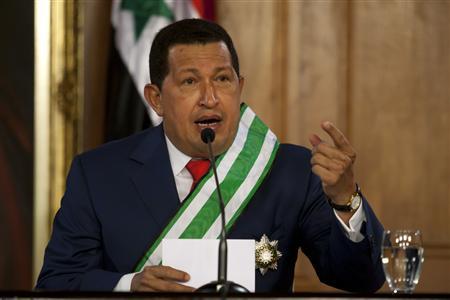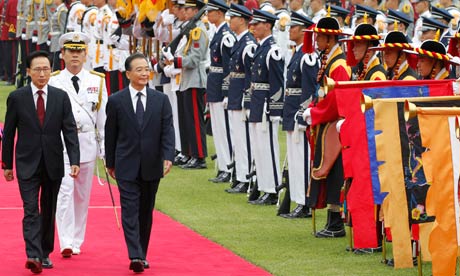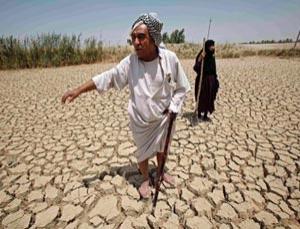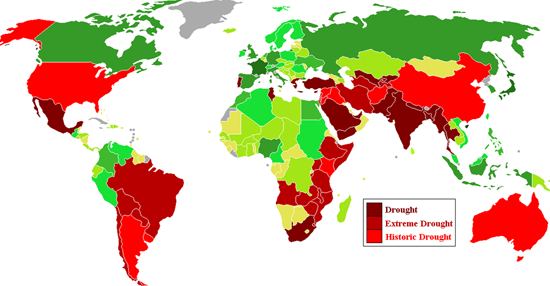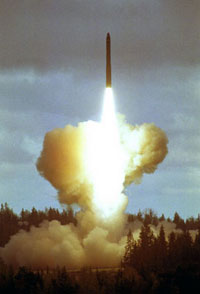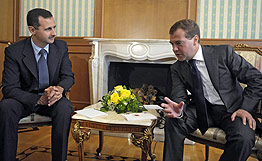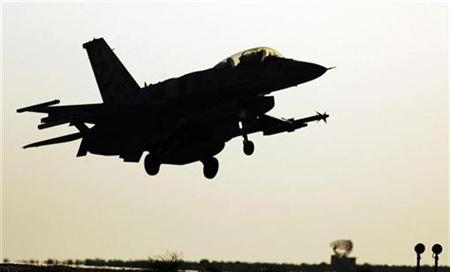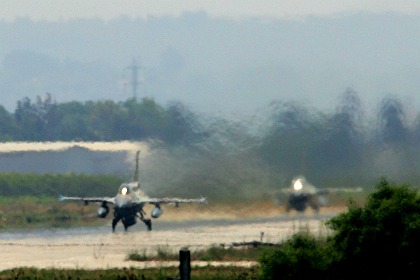
The Israeli Air Force is known for its “inventive solutions to military problems,” says Bruce Riedel, a Middle East expert who has strong contacts to Israel. “Israeli military planners tell me it is mission doable.”
The Israeli government no longer believes that sanctions can prevent Iran from building nuclear weapons. A broad consensus in favor of a military strike against Tehran’s nuclear facilities — without the Americans, if necessary — is beginning to take shape.
Dani Yatom, a member of the Israeli parliament, the Knesset, was invited to attend a NATO conference in Brussels last year. While reviewing the agenda, Yatom, a retired major general, was surprised to see that the meeting was titled “The Iranian Challenge” and not “The Iranian Threat.”
When a speaker with a French accent mentioned that a US military strike against Iranian nuclear facilities would be the most dangerous scenario of all, Yatom said, politely but firmly: “Sir, you are wrong. The worst scenario would be if Iran acquired an atom bomb.”
Yatom, 63, has spent most of his life in the military. He was a military adviser to former Prime Minister Yitzhak Rabin and, in the mid-1990s, was named head of Israel’s Mossad intelligence agency. Nevertheless, Yatom, a member of the Labor Party, is not some reckless hawk. Unlike most Knesset members, he flatly rejects, for example, a major Israeli offensive against the Islamist Hamas in the Gaza Strip.
But Yatom’s willingness to strike a compromise ends when he is asked what he considers to be the best response to the Iranian nuclear program. “We no longer believe in the effectiveness of sanctions,” says Yatom. “A military operation is needed if the world wants to stop Iran.”
When Israeli Transportation Minister Shaul Mofaz, a former defense minister, expressed similar sentiments 10 days ago, they were viewed, especially in Europe, as the isolated opinions of a card-carrying hardliner seeking to score points with the electorate in a bid to succeed Prime Minister Ehud Olmert. In truth, however, there is now a consensus within the Israeli government that an air strike against the Iranian nuclear facilities has become unavoidable. “Most members of the Israeli cabinet no longer believe that sanctions will convince President Mahmoud Ahmadinejad to change course,” says Minister of Immigrant Absorption Yaakov Edri.
The one question over which Israel’s various political groups disagree is the timing of an attack. The doves argue that diplomatic efforts by the United Nations should be allowed to continue until Iran is on the verge of completing the bomb. That way, Israel could at least argue convincingly that all non-military options had been exhausted.
Read moreIsraeli Ministers Mull Plans for Military Strike against Iran
